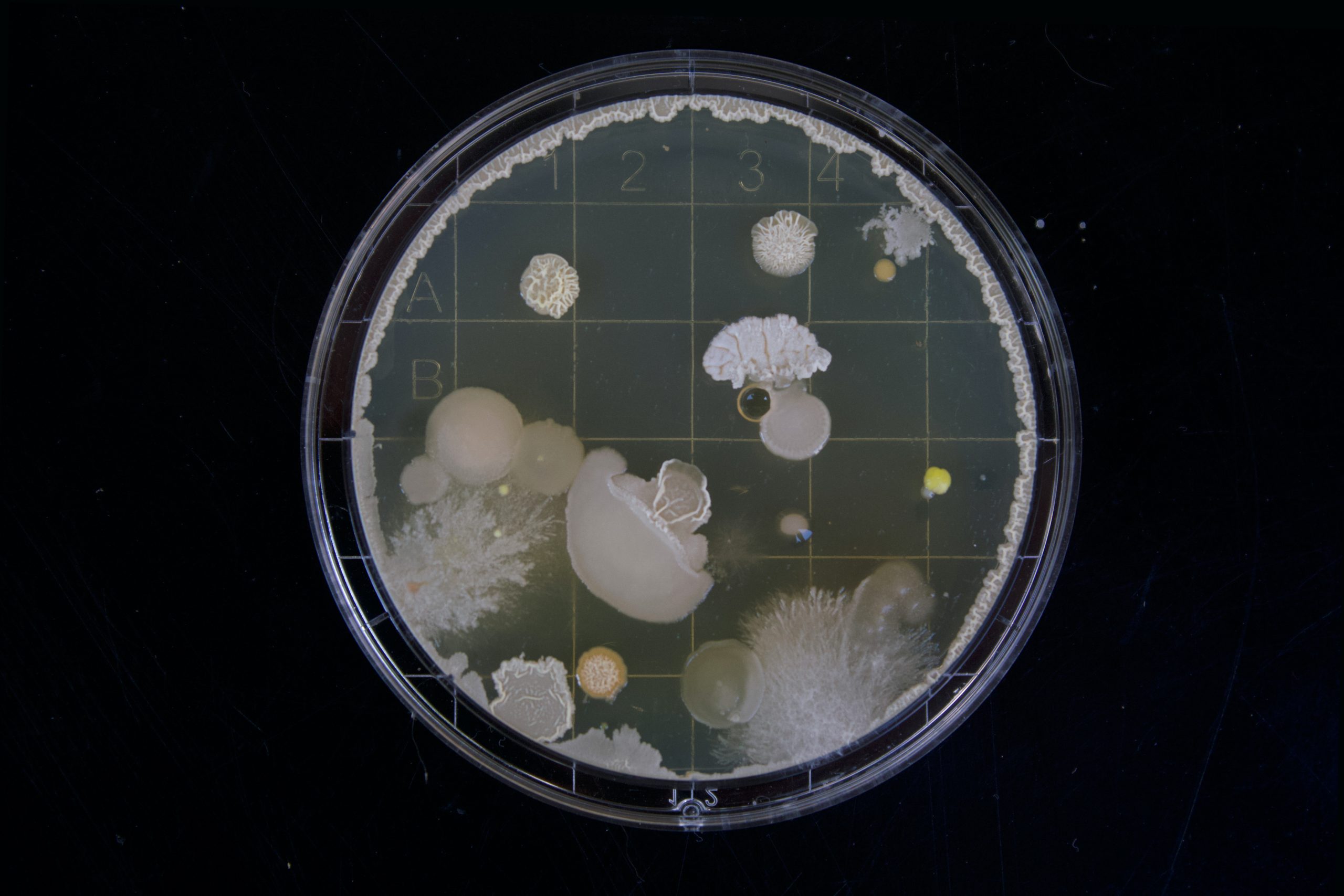Science plays a vital role in education, from the classroom to the lab. It opens new doors of exploration and provides endless opportunities for discovery. Incorporating science into education not only helps students develop critical thinking skills but also prepares them for future careers. The benefits of hands-on learning and scientific research are immeasurable, making science an essential part of any educational curriculum. In this blog post, we will explore the importance of science in education, how to incorporate it into the classroom, and tips for starting a career in this exciting field. So let’s dive into the world of science!
The Importance of Science in Education
Science is an essential part of education that provides students with a deeper understanding of the world around them. Through science, students can learn about different scientific concepts and principles, such as biology, physics, chemistry and environmental science. By learning these subjects, they develop critical thinking skills that help them make informed decisions in their daily lives.
Incorporating science into education not only helps students discover new things but also prepares them for future careers. The sciences are integral to industries such as healthcare, technology and engineering – fields where experts are in high demand.
Moreover, science helps create global citizens who understand the importance of sustainability and taking care of our planet. With many environmental issues facing us today, it’s crucial that students learn about climate change and other pressing concerns so they can become change agents themselves.
Incorporating science into education is vital for helping young learners develop critical thinking skills while preparing them for future careers. It enables them to become lifelong learners who can contribute positively to society while making informed decisions based on sound scientific reasoning.
How to Incorporate Science into the Classroom
Incorporating science into the classroom can seem like a daunting task, but it doesn’t have to be. There are many simple and effective ways to engage students in scientific learning.
One approach is to focus on hands-on activities that allow students to explore scientific concepts in a tangible way. This could include experiments, simulations, or even outdoor field trips.
Another strategy is to integrate science into other subjects, such as math or language arts. For example, you could use data analysis to teach statistical concepts or analyze scientific literature for reading comprehension practice.
Technology can also be a valuable tool for incorporating science into the classroom. Online resources and educational apps can provide interactive learning experiences that complement traditional teaching methods.
It’s important to remember that creating an engaging and effective science curriculum requires ongoing effort and adaptation. Don’t be afraid to seek out professional development opportunities or collaborate with other educators for fresh ideas and perspectives.
By fostering a culture of curiosity and exploration in your classroom, you can help inspire the next generation of scientists and innovators.
The Benefits of Hands-On Learning
Hands-on learning is an essential aspect of science education. It involves actively engaging students in the learning process through practical, hands-on activities that allow them to explore scientific concepts and theories firsthand. This approach to teaching science has numerous benefits for both students and teachers.
Firstly, hands-on learning helps students develop critical thinking skills by encouraging them to think creatively and independently. Through experimentation and problem-solving, they learn how to analyze data, draw conclusions, and make informed decisions based on evidence.
Furthermore, hands-on learning encourages collaboration among peers as it often involves group work or pair assignments. Students can share ideas with one another while working towards a common goal, which fosters teamwork skills essential in real-life settings.
Moreover, this type of experiential learning instills a sense of curiosity within students as they are encouraged to ask questions about their surroundings or the task at hand. By doing so, learners become more interested in exploring different topics related to science beyond their classes.
Lastly but not least important is the fact that this approach makes science feel less intimidating for some individuals who might otherwise find it difficult or unapproachable because it allows them space for getting involved without prior knowledge being required beforehand.
These benefits contribute significantly to making Science exciting and enjoyable for young people – ultimately leading many down successful career paths!
The Importance of Scientific Research
Scientific research is a crucial aspect of advancing our knowledge and understanding of the world around us. It allows us to make discoveries, test hypotheses, and develop new technologies that can benefit society in countless ways.
One of the key benefits of scientific research is that it enables us to identify problems or areas where further investigation is needed. By conducting experiments and collecting data, researchers can gain insights into complex systems and phenomena, which may lead to breakthroughs in medicine, engineering, environmental science and other areas.
Furthermore, scientific research also helps us debunk myths or misunderstandings about certain topics by providing empirical evidence backed up with hard facts. This ensures that we have accurate information on issues such as climate change or human health.
In addition to its practical applications for improving our lives, scientific research also has intrinsic value as an intellectual pursuit. The process of discovery itself can be exhilarating for scientists who are passionate about their work – making sense out of mysteries that have eluded others before them provides a deep sense of satisfaction.
Scientific research plays an essential role in shaping our understanding of the world we live in today; it’s not only vital for progress but also contributes significantly towards the development of future generations.
Tips for Getting Started in a Science Career
Are you interested in pursuing a career in science but don’t know where to start? It can be overwhelming, but with the right tips and guidance, you can begin your journey towards a fulfilling scientific career.
Firstly, it’s essential to identify what area of science interests you the most. Whether it’s biology, chemistry or physics – research various fields and discover what sparks curiosity within you. Once identified, seek out relevant courses or degrees that will provide hands-on training and experience.
Networking is also crucial when starting out in any field. Attend conferences or events related to your desired industry and connect with professionals who share similar passions. You never know who might offer valuable advice or even job opportunities!
It’s important not to shy away from internships or entry-level positions as they provide valuable experience and connections for future endeavors. Don’t be afraid of rejection either – continue applying for roles that align with your interests until success comes knocking on your door.
Stay up-to-date with current trends and advancements within the industry by reading journals and following reputable scientists on social media platforms like Twitter.
Remember: perseverance, hard work, education & networking are all necessary tools for launching a successful science career!
Conclusion
Science plays a vital role in education as it helps students develop critical thinking skills, problem-solving abilities, and analytical reasoning. Incorporating science into the classroom through hands-on learning is an effective way to engage students and provide them with a practical understanding of scientific concepts.
Moreover, scientific research opens up many opportunities for innovation and progress in all areas of society. Students who are interested in pursuing a career in science should focus on building a strong foundation early on by taking relevant courses and participating in extracurricular activities that offer hands-on experience.
Whether you’re currently studying science or considering pursuing it as a career path, remember that curiosity and experimentation are key ingredients for success. Embrace your passion for discovery and keep pushing boundaries – the future depends on it!




